Kicking off with How to Meditate for Gaining Clarity and Insight in Your Life, this opening paragraph is designed to captivate and engage the readers, setting the tone for a transformative journey towards inner peace and wisdom. Exploring the profound practice of meditation, we delve into the various techniques and strategies that can help you achieve mental clarity and insight in your daily life.
Introduction to Meditation for Clarity and Insight
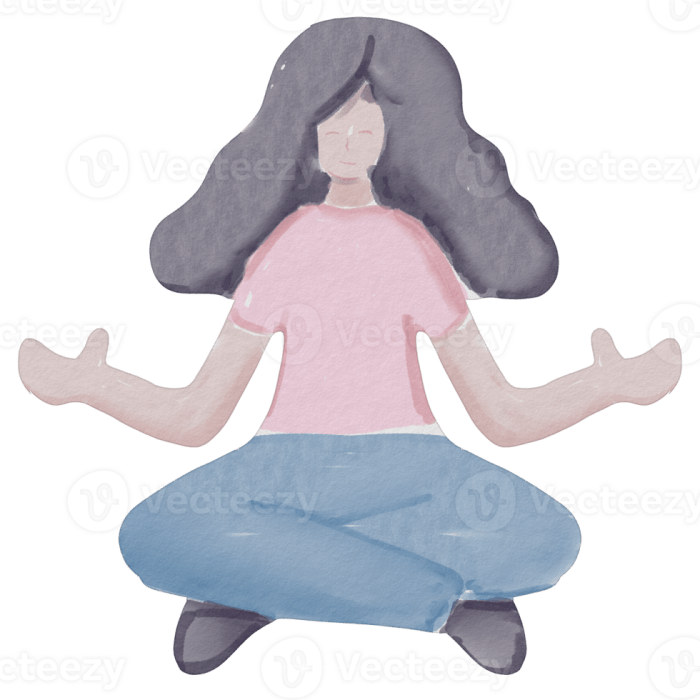
Meditation is a practice that involves focusing the mind and eliminating distractions to achieve a state of mental clarity and emotional calmness. It is a centuries-old tradition that has been used in various cultures around the world to promote overall well-being and inner peace.
For those seeking to enhance mental clarity and insight, meditation can be a powerful tool. Find out how you can use meditation techniques to sharpen your focus and gain deeper insights in our guide on How to Meditate for Boosting Mental Clarity and Insight.
Benefits of Meditation for Gaining Clarity and Insight
- Meditation helps in reducing stress and anxiety, allowing the mind to be more focused and clear.
- By practicing meditation regularly, individuals can enhance their self-awareness and gain deeper insights into their thoughts and emotions.
- It promotes mindfulness, which allows individuals to be fully present in the moment and make better decisions based on a clear understanding of their inner selves.
- Through meditation, individuals can develop a greater sense of empathy and compassion towards themselves and others, leading to improved relationships and overall well-being.
Importance of Meditation for Mental Well-being
- Meditation is essential for mental well-being as it helps in calming the mind, reducing negative thoughts, and promoting a positive outlook on life.
- It provides a sense of inner peace and emotional stability, which are crucial for coping with the challenges and stresses of daily life.
- Regular meditation practice can improve cognitive functions, memory, and concentration, enhancing overall mental clarity and focus.
- By cultivating a peaceful and clear mind through meditation, individuals can better manage their emotions and respond to situations with wisdom and insight.
Types of Meditation Techniques
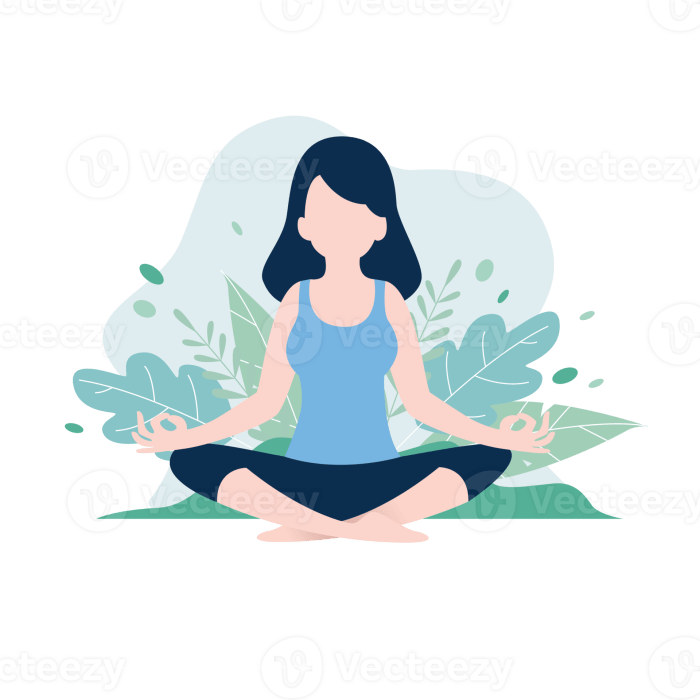
There are various meditation techniques that can help you gain clarity and insight in your life. Each technique offers a unique approach to calming the mind and connecting with your inner self.
If you’re looking to boost your mental health through meditation, there are specific practices you can incorporate into your routine. Discover more about these methods by reading our article on How to Meditate for Boosting Your Mental Health.
Mindfulness Meditation
Mindfulness meditation involves focusing on the present moment without judgment. It encourages awareness of your thoughts, emotions, and sensations as they arise, allowing you to observe them without getting caught up in them. This technique can help increase self-awareness, reduce stress, and improve mental clarity by training the mind to stay present and focused.
Transcendental Meditation
Transcendental meditation involves silently repeating a mantra to transcend to a state of pure awareness. This technique aims to go beyond conscious thought and experience a deep sense of peace and unity. By quieting the mind and accessing a state of restful alertness, transcendental meditation can help reduce anxiety, enhance creativity, and promote mental clarity.
Setting Up a Meditation Space
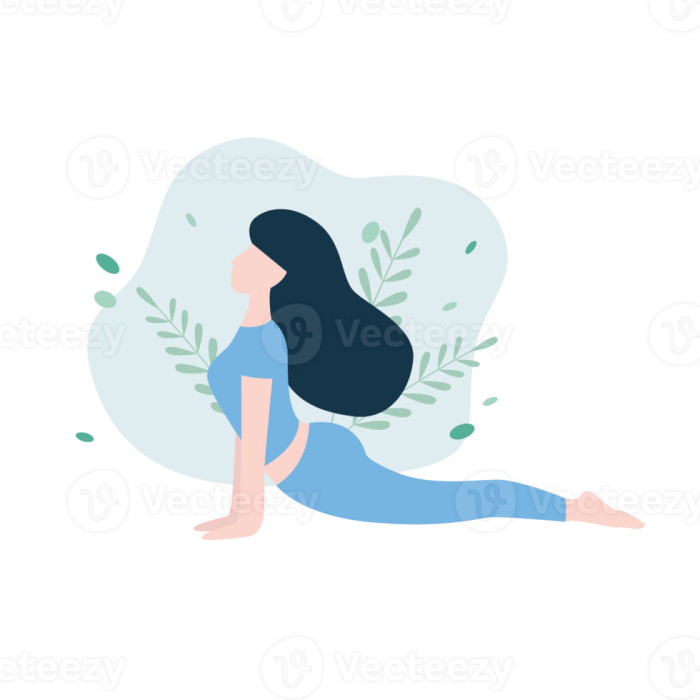
Creating a tranquil sanctuary for your meditation practice can greatly enhance your experience and help you achieve deeper levels of clarity and insight in your life. By dedicating a specific area in your home for meditation, you can cultivate a sense of peace and focus that will support your journey towards self-discovery.
Designing Your Meditation Space
When setting up your meditation space, consider choosing a quiet corner or room where you can retreat from distractions. Opt for soft lighting, calming colors, and comfortable cushions or mats to create a soothing atmosphere. You may also want to incorporate elements of nature, such as plants or natural materials, to connect with the grounding energy of the earth.
- Place a small altar or sacred objects in your meditation space to serve as a focal point for your practice. This could include candles, incense, crystals, or meaningful symbols that resonate with you.
- Consider incorporating elements of Feng Shui or Vastu Shastra to harmonize the energy flow in your meditation space. Positioning your cushions or mats facing east can invite in the energy of new beginnings and clarity.
- Personalize your meditation space with items that inspire you, such as spiritual books, affirmations, or artwork that uplifts your spirit. Surround yourself with positive energy that supports your intention for meditation.
By creating a serene and inviting meditation space, you are signaling to your mind and body that it is time to enter a state of deep relaxation and inner exploration.
The Significance of a Dedicated Space
Having a designated area for meditation not only signals your commitment to your practice but also allows you to build a sense of ritual and routine around your meditation sessions. This sacred space serves as a container for your spiritual growth and provides a sanctuary where you can connect with your inner wisdom and intuition.
- Consistency is key when it comes to meditation, and having a dedicated space can help you establish a regular practice. By returning to the same space each day, you create a sense of continuity and stability in your meditation routine.
- Your meditation space can act as a refuge from the chaos of everyday life, offering you a place of solace and serenity where you can recharge and realign with your true essence.
- By infusing your meditation space with intention and mindfulness, you are setting the stage for profound transformation and self-discovery. This sacred environment becomes a mirror of your inner landscape, reflecting back to you the clarity and insight you seek.
Developing a Meditation Routine
Establishing a regular meditation routine is crucial for reaping the full benefits of this practice. Consistency allows for deeper exploration of the mind and greater clarity in daily life.
Sample Meditation Routine for Beginners
- Start with 5 minutes of meditation in the morning upon waking up. Find a quiet space and sit comfortably.
- Focus on your breath or a mantra to anchor your mind. Allow thoughts to come and go without judgment.
- Gradually increase the duration by 1-2 minutes every week to build endurance and concentration.
- Try to meditate at the same time each day to establish a habit and integrate it into your routine.
Importance of Consistency in Meditation Practice, How to Meditate for Gaining Clarity and Insight in Your Life
Consistency is key to unlocking the transformative power of meditation. Regular practice strengthens neural pathways and fosters a sense of inner peace and clarity.
Gradually Increasing Meditation Duration
- Once you feel comfortable with your current meditation time, add an extra minute to your session.
- Listen to your body and mind, gradually increasing duration to 15-20 minutes or more as you progress.
- Be patient with yourself and avoid forcing longer sessions. The goal is to cultivate a sustainable practice.
Mindfulness Practices for Daily Life
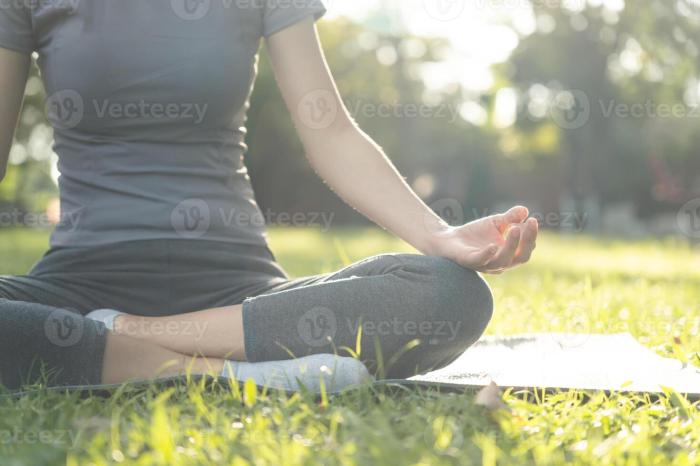
Mindfulness practices offer a powerful way to bring clarity and insight into our daily lives. By integrating mindfulness into our daily activities, we can cultivate a deeper awareness of our thoughts, emotions, and surroundings. This heightened awareness allows us to make more conscious choices and respond to life’s challenges with greater clarity and insight.
When it comes to meditation for stress relief, there are 7 effective techniques that can help you relax and unwind. You can learn more about these techniques in our comprehensive guide on How to Meditate for Stress Relief: 7 Effective Techniques.
Examples of Mindfulness Exercises
- Body Scan Meditation: Take a few minutes each day to focus on each part of your body, noticing any sensations without judgment. This practice can help you become more attuned to your body and reduce stress.
- Mindful Walking: Pay attention to each step as you walk, feeling the ground beneath your feet and the movement of your body. This exercise can help you stay present and grounded in the moment.
- Deep Breathing: Take a few deep breaths, focusing on the sensation of air entering and leaving your body. Deep breathing can help calm the mind and bring clarity to your thoughts.
Impact of Mindfulness on Well-being
Mindfulness has been shown to have numerous benefits for overall well-being. By practicing mindfulness regularly, individuals may experience reduced stress, improved focus, enhanced emotional regulation, and increased self-awareness. These benefits can lead to greater clarity and insight in daily life, helping individuals navigate challenges with a sense of calm and presence.
Overcoming Challenges in Meditation
Meditation can bring about a sense of peace and clarity, but it is not without its challenges. Distractions, restlessness, and impatience are common obstacles faced during meditation practice. However, with the right strategies and mindset, these challenges can be overcome to deepen your practice and experience the full benefits of meditation.
Identifying Common Obstacles
Before we delve into strategies to overcome challenges in meditation, it is important to identify the common obstacles that practitioners often face:
- Restlessness and wandering thoughts
- Physical discomfort or pain
- External distractions such as noise or interruptions
- Impatience and frustration
Strategies to Overcome Distractions
Distractions can easily pull you away from your meditative state, but there are effective ways to manage and overcome them:
- Bring your focus back to your breath whenever your mind starts to wander
- Acknowledge distractions without judgment and gently guide your attention back to the present moment
- Use a mantra or a focal point to anchor your mind and prevent it from wandering
- Practice self-compassion and patience when distractions arise
Role of Patience and Persistence
Patience and persistence play a crucial role in overcoming challenges in meditation. It is normal to encounter difficulties along the way, but with consistent practice and a positive attitude, you can navigate through them:
- Embrace challenges as opportunities for growth and self-discovery
- Be patient with yourself and understand that progress takes time
- Cultivate a sense of perseverance and resilience to push through obstacles
- Celebrate small victories and milestones to stay motivated on your meditation journey
Maintaining Clarity and Insight Beyond Meditation: How To Meditate For Gaining Clarity And Insight In Your Life
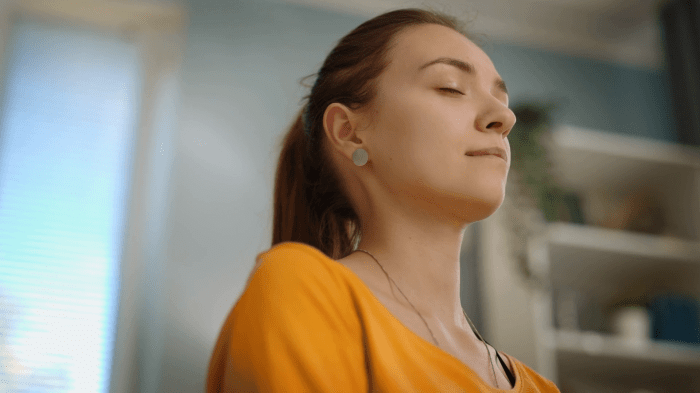
In the hustle and bustle of daily life, it can be challenging to hold on to the sense of clarity and insight that meditation provides. However, with some mindful practices, it is possible to carry the benefits of meditation into everyday situations.
Staying Mindful and Focused During Daily Tasks
- Start your day with a few minutes of mindful breathing to set the tone for the day ahead.
- Avoid multitasking and focus on one task at a time, giving it your full attention.
- Practice gratitude by acknowledging and appreciating the present moment, even during mundane activities.
- Take short mindfulness breaks throughout the day to reset and refocus your mind.
Cultivating Clarity and Insight in Everyday Situations
- Acknowledge and accept your thoughts and emotions without judgment, allowing for greater self-awareness.
- Practice active listening in conversations to truly understand others and gain new perspectives.
- Engage in reflective practices, such as journaling or quiet contemplation, to process experiences and insights gained throughout the day.
- Set intentions for your actions and decisions, aligning them with your values and goals to maintain clarity in your path forward.
As we conclude our discussion on How to Meditate for Gaining Clarity and Insight in Your Life, remember that the path to self-discovery and enlightenment is a personal one. By integrating meditation into your routine and embracing mindfulness practices, you can cultivate a deeper sense of awareness and understanding that will positively impact every aspect of your life. Let the light of clarity and insight guide you on your journey towards inner peace and fulfillment.